#HandsOffOurRights: Across the globe women’s basic reproductive rights are under attack.
Marie Claire UK's Editor in Chief, Trish Halpin, explains why we've launched a new campaign #HandsOffOurRights to fight back
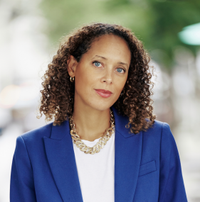
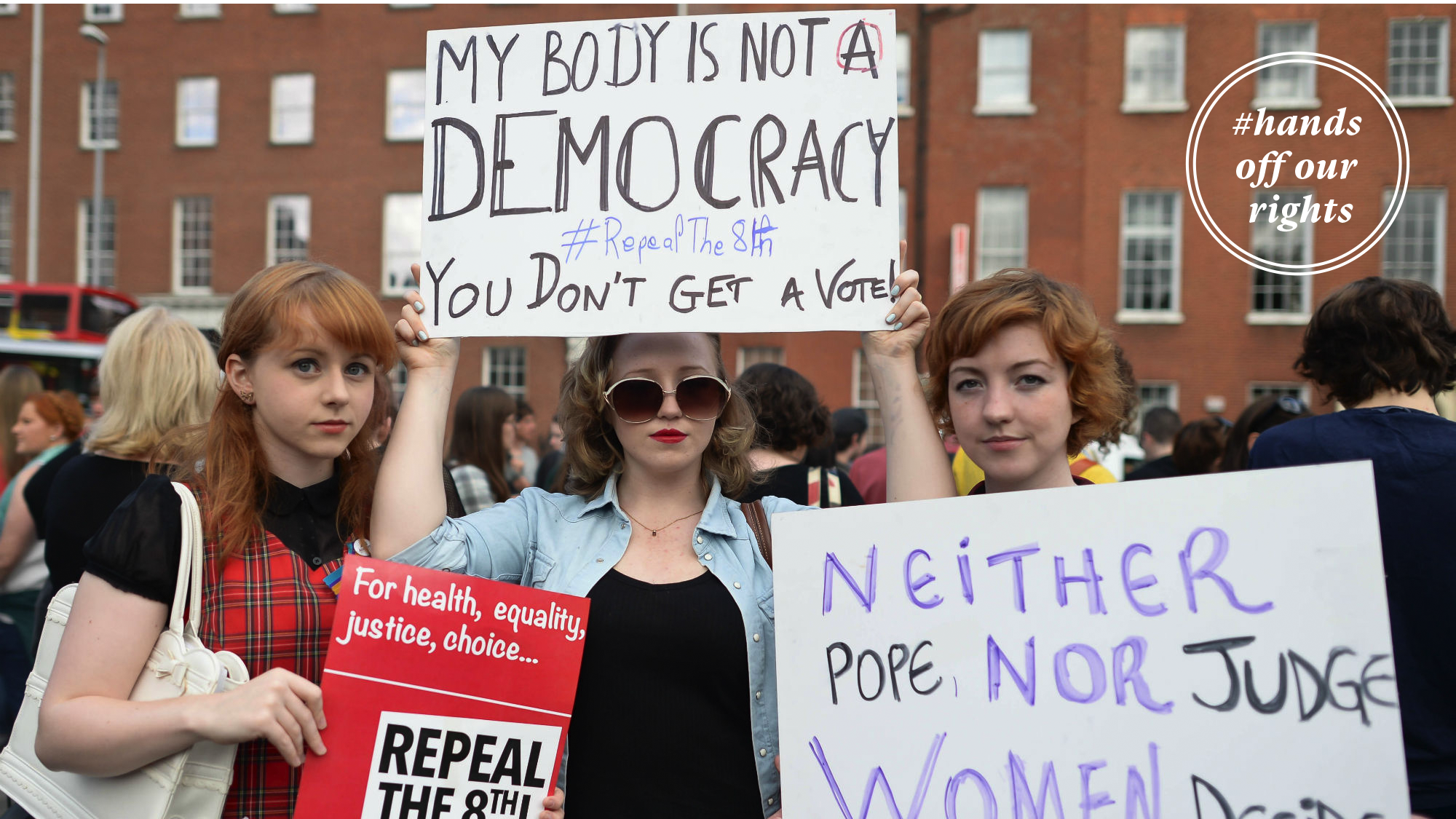
Celebrity news, beauty, fashion advice, and fascinating features, delivered straight to your inbox!
You are now subscribed
Your newsletter sign-up was successful
Marie Claire UK's Editor in Chief, Trish Halpin, explains why we've launched a new campaign #HandsOffOurRights to fight back
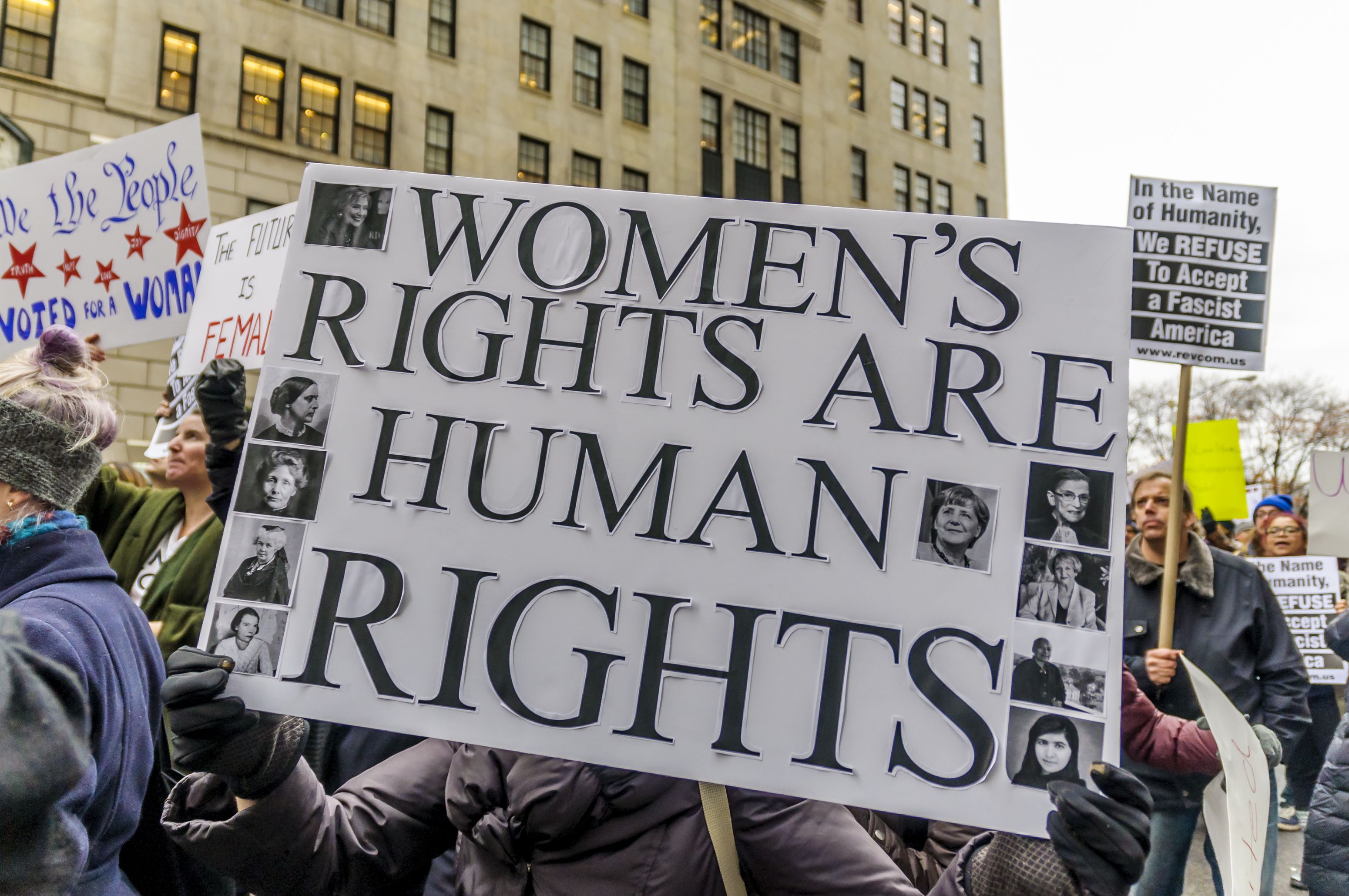
Imagine you have accidentally fallen pregnant with a child that you are unable to physically, emotionally or financially support. Now consider being forced to carry the pregnancy to full term by the government or community, changing the course of your life and robbing you of control over your own body. It’s a situation women across the world find themselves in every day.
In the UK, where abortion has been legal for 50 years, women have options if they are faced with such an agonising dilemma, as well as precautions to avoid it in the first place. But it may surprise you to know just how many democratic countries deny women the same liberties by limiting or barring access to vital health services.
At Marie Claire, we think this is an issue worth campaigning about, because it is a fundamental human right. A woman with the freedom to decide when and if she has children has control over her destiny: she can stay in education, get a job and empower herself.
To highlight these affronts, we’re launching our campaign this International Women’s Day (8th March). Yes, 2016 was a turbulent year in politics, but it was also a year many governments attempted to restrict women’s autonomy over their bodies further; a year women fought like never before to stop the slow chipping away of our rights.
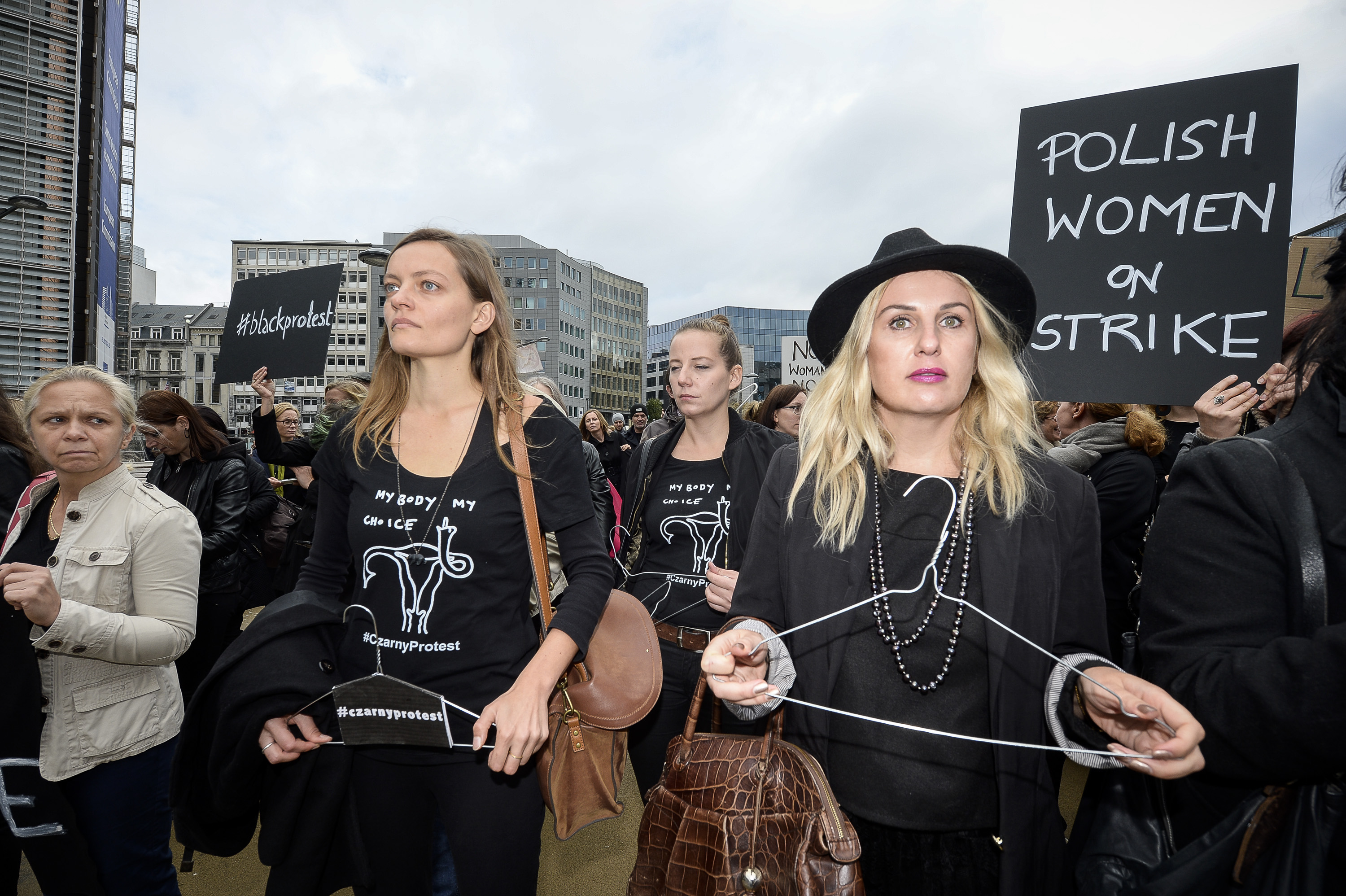
In Poland, after a petition to outlaw abortion was put before parliament (making abortion punishable with five years in prison) 100,000 Polish women took to the streets brandishing wire hangers. As a result, the proposal was scrapped. In the Republic of Ireland, where abortion is illegal under the Eighth Amendment, the pro-choice movement Repeal the 8th carried out high-profile stunts, including women ‘live tweeting’ their agonising ‘abortion journeys’ to England. Angry demonstrations in Dublin followed. In America, where anti-abortion Indiana governor Mike Pence was named vice-president elect following Donald Trump’s win, women took to the streets and social media in their thousands to protest, while in Ohio they attached coat hangers to the Statehouse fence in anger at a new bill set to make abortion illegal after a fetal heartbeat is detected.
It’s worth reminding ourselves too, that many women are denied sex education and contraception services across Africa, Asia and Latin America, forcing them to endure teenage pregnancies with devastating consequences. In Burkina Faso, where HIV and AIDS are prevalent, women cannot access life-saving contraception due to high costs. Closer to home, there is little room for complacency. In the UK, a December 2016 report by the Advisory Group on Contraception found that a third of British women (4 million) face restrictions in access to contraception due to financial cuts, while doctors admit they don’t have time to offer the consultations women need. It’s no surprise a rise in abortions and unwanted pregnancies is predicted.
Celebrity news, beauty, fashion advice, and fascinating features, delivered straight to your inbox!
We believe that every woman deserves affordable, accessible reproductive care. Depriving women of this is a step back in time. That’s why we’re calling on you to support our campaign. Do not let politicians chip away at our hard-won rights – contraception and abortion services affect our advancement as women. Join us this International Women’s Day* and use your voice to say #HandsOffOurRights.

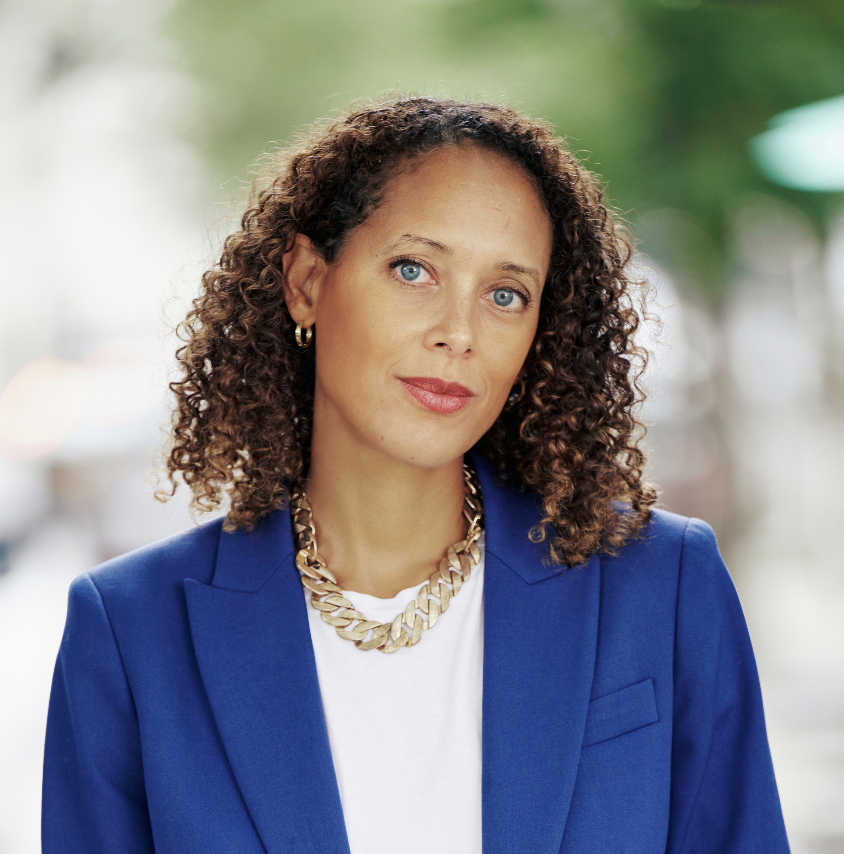
Andrea Thompson is Editor in Chief at Marie Claire UK and was named by We are the City as one of the UKs top 50 trailblazers for her work championing gender equality. She sits on the committee of the British Society of Magazine Editors where she acts as Chair.
Andrea has worked as a senior journalist for a range of publications over her 20 year career including The Sunday Times, The Guardian, The Daily Mail, Channel 4, Glamour and Grazia. At Marie Claire UK, Andrea oversees content, strategy, events and campaigns across fashion, beauty and the brand's purpose pillars. Follow her on instagram at @andreacanwrite